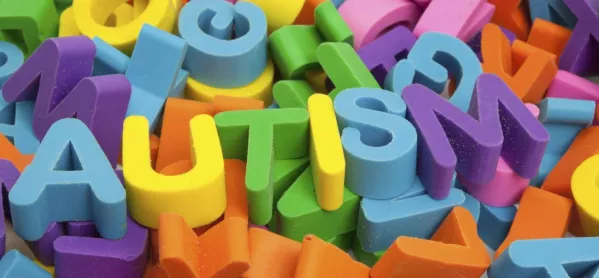Whilst many parents are heaving a collective sigh of relief at the prospect of the start of a new school term, parents of autistic pupils - and many of the pupils themselves - are likely to be experiencing stress and anxiety.
As the recently published Not Included, Not Engaged, Not Involved report (by Scottish Autism, Children in Scotland and the National Autistic Society Scotland) showed, concerning numbers of pupils and their parents are coping with challenges in their education settings.
However, the transition from a holiday period to return to school can be fraught for those children who are otherwise well supported and coping with the school environment. The impact on pupil, parent and teacher stress at this time is something that can be predicted. The impact of change of routine, reduced predictability and heightened social expectations for autistic people are well-documented.
Autistic people can experience delayed processing so it may take some time to react to a change of structure or routine. This can result in parents having to cope with a child who is experiencing heightened anxiety at a time when formal and family support is likely to be less available.
If an autistic pupil has found such transitions difficult in the past, then they are likely to do so again. It is important to remember that just because a pupil may have had several experiences of going off on holiday and returning to school, this does not necessarily build resilience to the effects of transition-related stress. Making the process as predictable as possible with visual communication and concrete information may help. For example, the child’s school bag and uniform could be placed in a specific cupboard or drawer, and a calendar used to show when it will be time to use it again.
Class teachers can provide support by clearly setting out when pupils will return to school, and by giving concrete information as to what will be happening on the first day back so that parents can prepare the child. It may help to use a “transition object”, such as a special folder or book that will be coming back to school with the child. Sending home visuals of a new classroom layout ahead of term starting can be helpful; making any significant changes to the grouping of children before any long holiday breaks could also be supportive.
However, what of the children who are overwhelmed by anxiety and feel unable to return after the holidays, or indeed at any time during the year? I would argue that this is a teaching and learning opportunity, and not something that parents should be left or pressurised to resolve alone. Supporting a child through the worst of times takes collaboration and consideration of the child’s unique world view; parents have that insight from home, while teachers have their professional perspective in the classroom.
If we are to realise our national ambition in Scotland to get it right for every child, the impact of stress and anxiety on an autistic pupil’s capacity to access and benefit from any learning environment - particularly in relation to sensory processing, communication and predictive thinking - must be well understood and supported. Throughout the school year, much can be learned from observation and consideration of positive experiences, as well as when there are challenges. It is all information - and it all helps.
Charlene Tait is deputy chief executive of Scottish Autism


